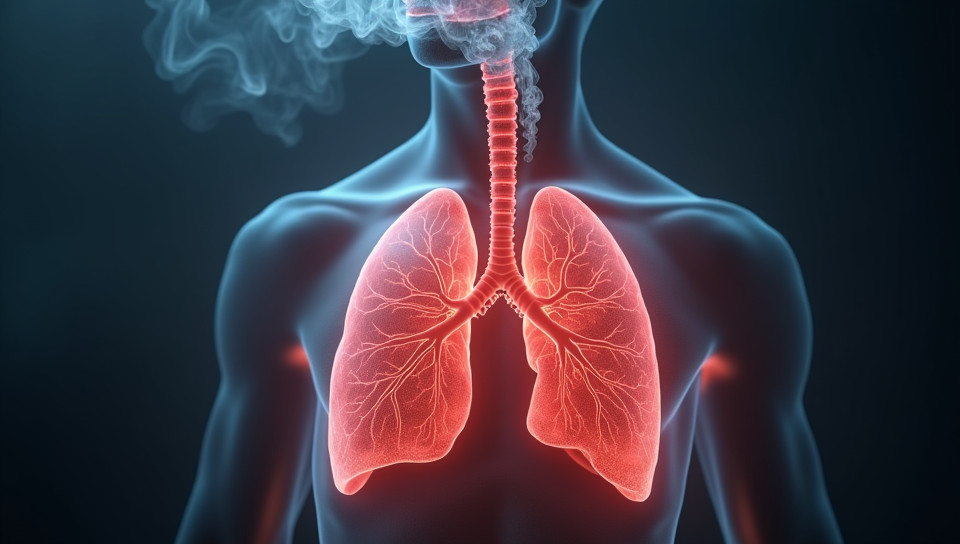Smoke inhalation damages lungs 87%

The Silent Killer: How Smoke Inhalation Damages Lungs
Fire can be a devastating force of nature, leaving destruction and chaos in its wake. But it's not just the flames themselves that pose a threat to our health – it's also the smoke they produce. When we breathe in smoke from fires, whether they're burning buildings or wildfires, we risk serious damage to our lungs. In this article, we'll explore how smoke inhalation affects lung health and why it's so crucial to take precautions when faced with smoke-filled environments.
The Chemistry of Smoke
Smoke is a complex mixture of gases and particles that can contain a wide range of pollutants. These include particulate matter (PM), carbon monoxide, volatile organic compounds (VOCs), and polycyclic aromatic hydrocarbons (PAHs). When we inhale smoke, these pollutants can travel deep into our lungs, causing inflammation and damage to the delicate tissues that line them.
The Effects on Lung Health
Prolonged exposure to smoke inhalation can lead to a range of lung-related health problems. Some of the most common effects include:
- Respiratory issues: Smoke inhalation can trigger or exacerbate conditions like asthma, chronic obstructive pulmonary disease (COPD), and pneumonia.
- Chronic coughing: The irritants in smoke can cause persistent coughing, which can lead to further lung damage if left untreated.
- Shortness of breath: Inhaling smoke can reduce the lungs' ability to take in oxygen, making it difficult to breathe even when sitting still.
Long-term Consequences
The health effects of smoke inhalation don't stop at the immediate respiratory issues. Chronic exposure can also lead to more serious long-term consequences, including:
- Lung cancer: Some pollutants in smoke have been linked to an increased risk of lung cancer.
- Cardiovascular disease: Inhaling smoke has been shown to increase blood pressure and heart rate, raising the risk of cardiovascular disease.
Prevention is Key
While it's impossible to avoid all exposure to smoke, there are steps we can take to minimize our risks. These include:
- Staying informed about air quality indexes in your area
- Avoiding areas with poor air quality whenever possible
- Wearing protective gear when working or traveling in smoke-filled environments
- Seeking medical attention immediately if you experience symptoms of smoke inhalation
Conclusion
Smoke inhalation is a serious health threat that demands our attention. By understanding the chemistry of smoke and its effects on lung health, we can take steps to protect ourselves and our loved ones from its dangers. Whether it's wildfires, industrial accidents, or home fires, we must prioritize caution when faced with smoke-filled environments. Our lungs are fragile and irreplaceable – let's do everything in our power to keep them safe.
- Created by: Miguel Ángel Estrada
- Created at: Nov. 29, 2024, 12:36 p.m.
- ID: 16331









